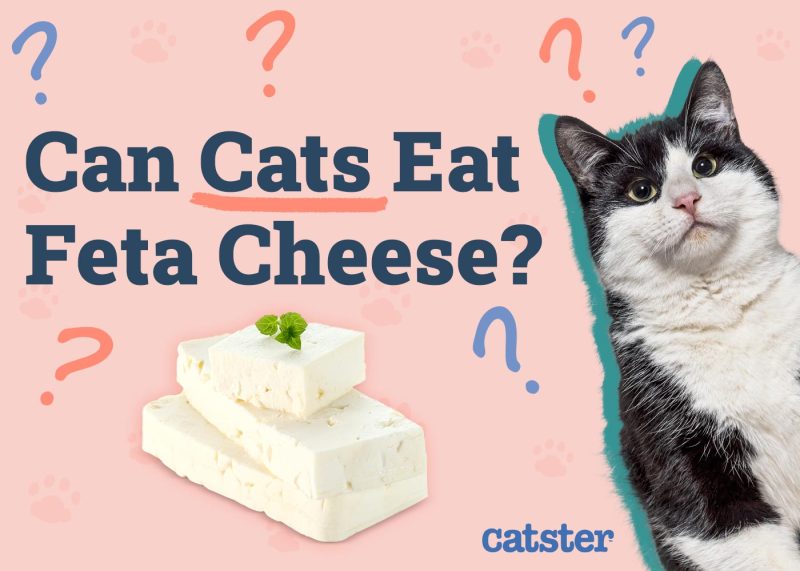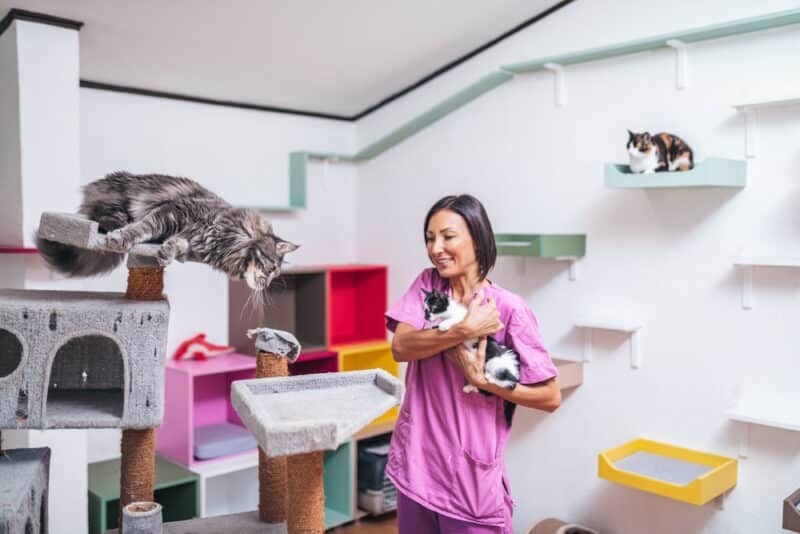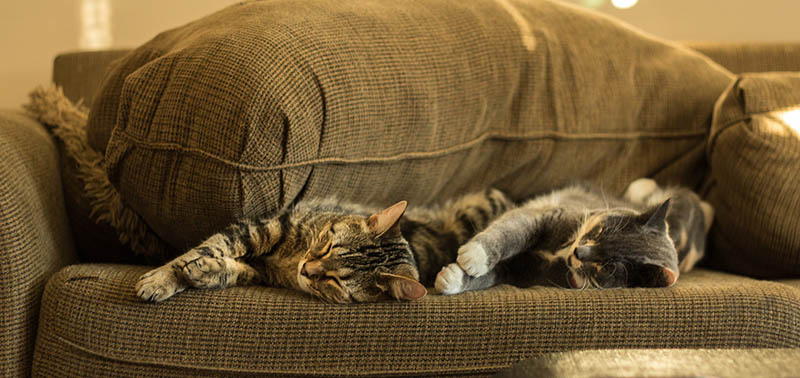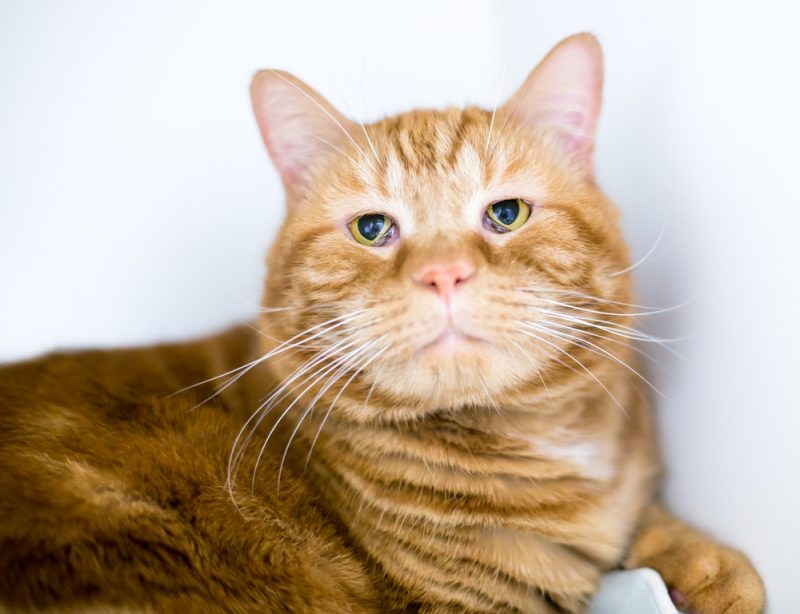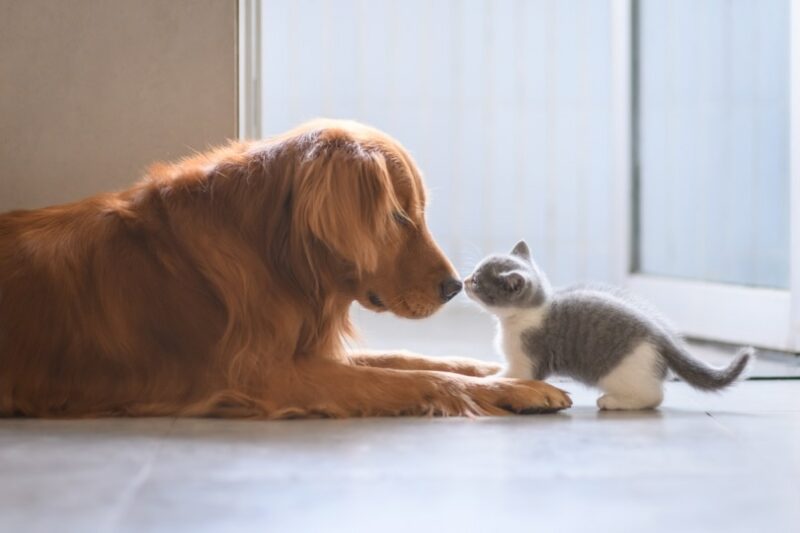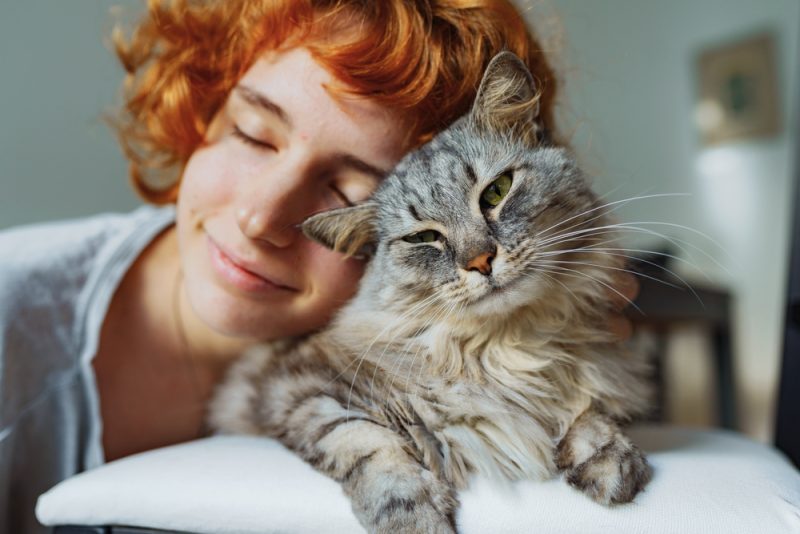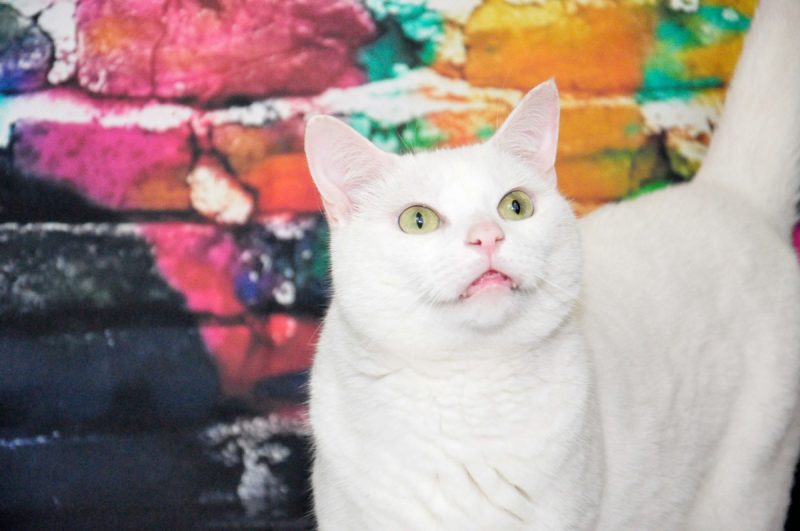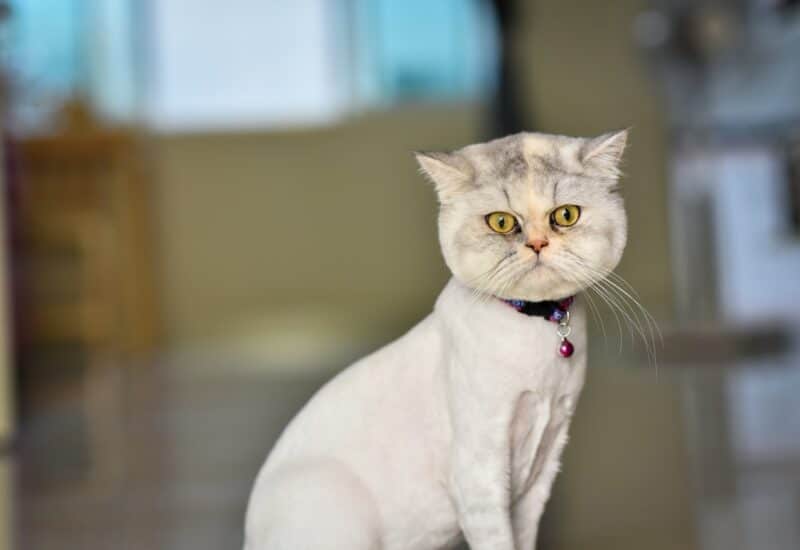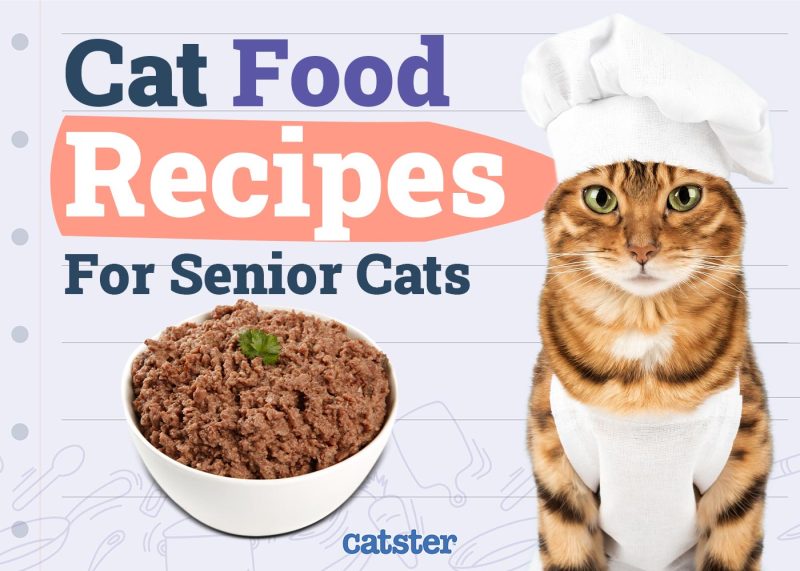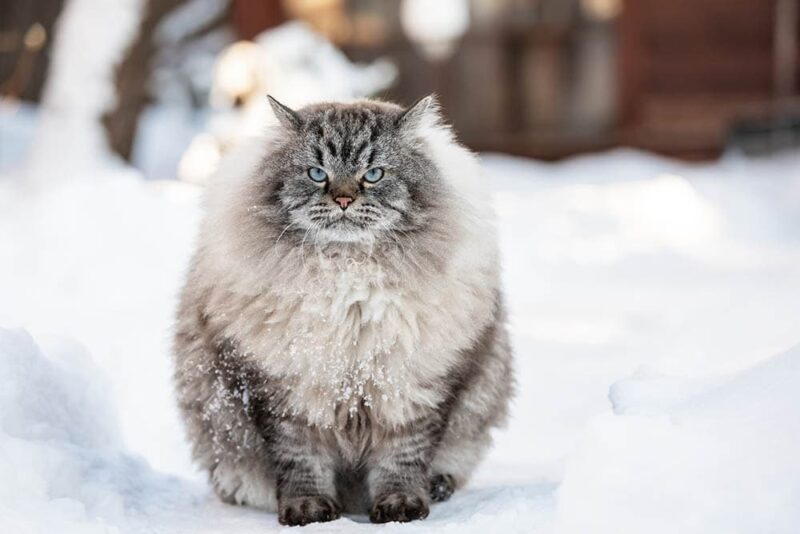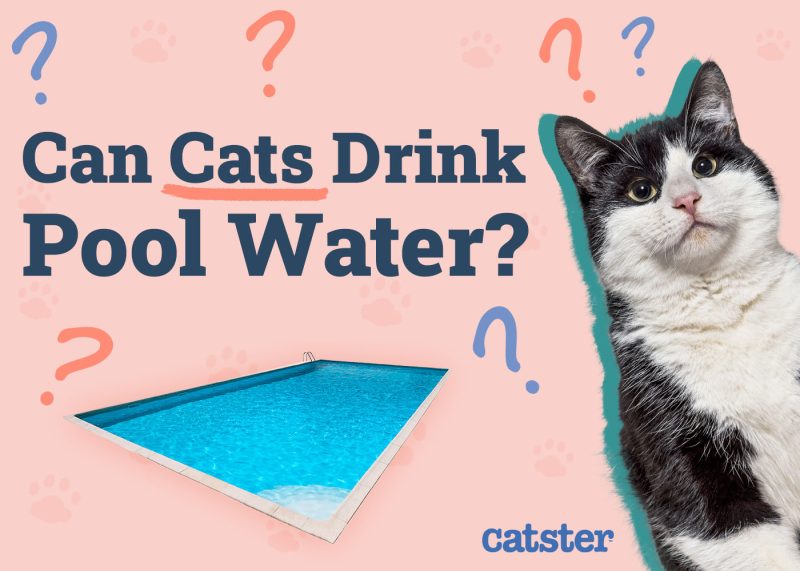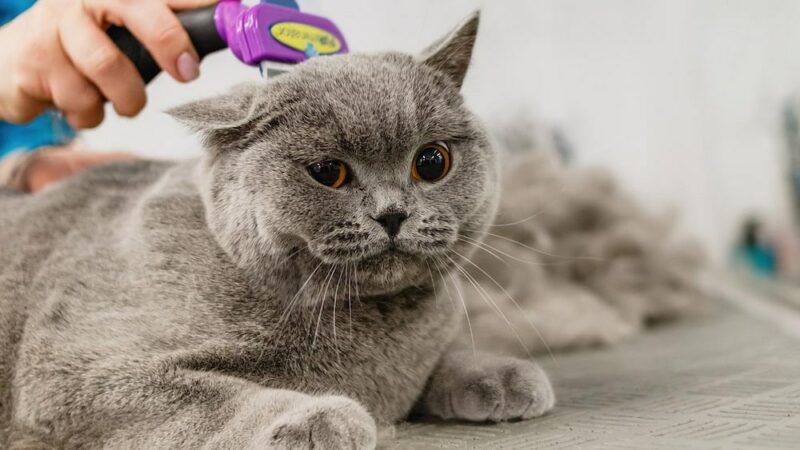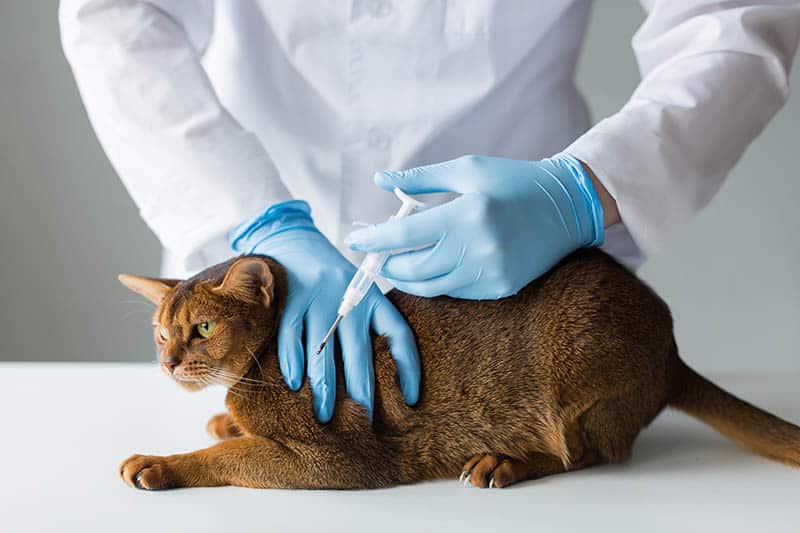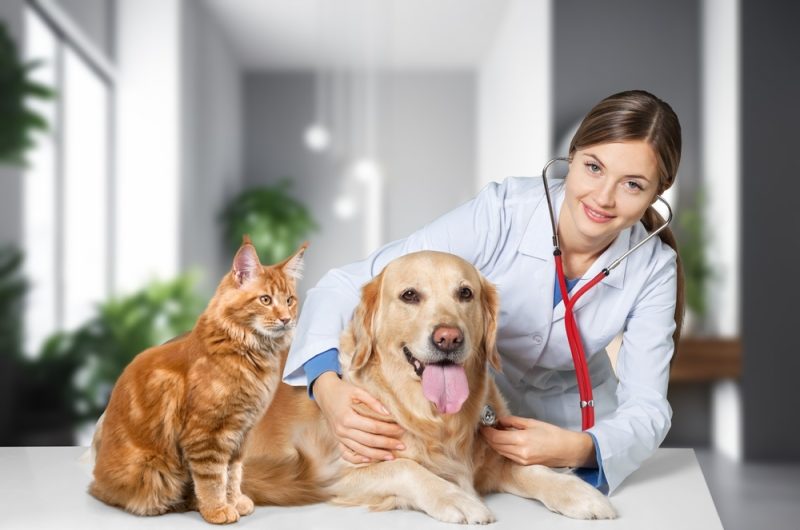In this article
View 3 More +It’s a common scenario: you’re enjoying a delicious snack or meal, and your feline friend gazes up at you with those pleading eyes (or reaches up with a desperate paw!). If your treat of choice is feta cheese, you might wonder if it’s safe to share a bite. Although it won’t cause any serious harm, no, you shouldn’t share your cheese with your cat. Let’s delve deeper into the specifics.

Dietary Facts in Cats
- Obligate Carnivores. This means they primarily need animal-based proteins to thrive. While feta cheese does contain some protein, it’s not the kind that cats require for optimal health
- Lactose Intolerant. Most adult cats are lactose intolerant. As kittens, they have enzymes that break down their mother’s milk. However, this diminishes as they grow, making dairy products hard to digest.
- Different to humans in their nutritional requirements. While some human foods can be quite harmless, they often lack the necessary nutrients cats need, others can actually be dangerous.
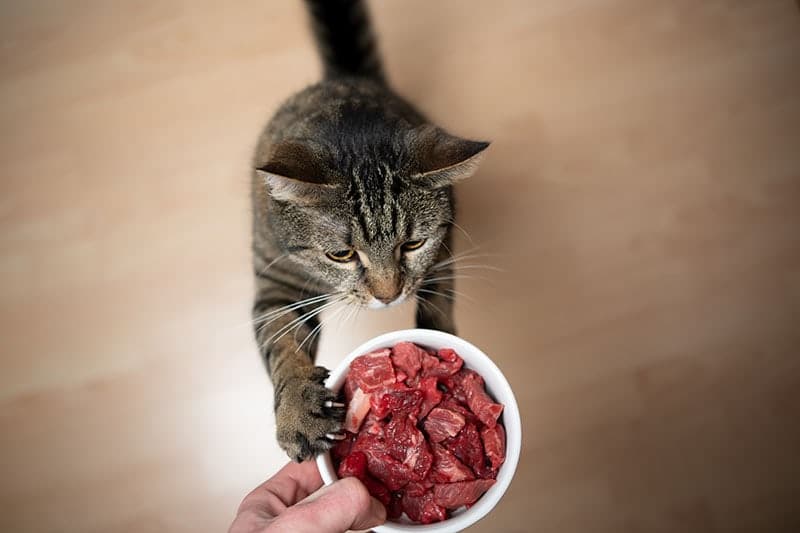
The Composition of Feta Cheese
- Salt: Feta cheese is known for its salty flavor, which may be delightful for us, but can be dangerous for cats. Excessive salt can lead to salt poisoning, which manifests as signs like vomiting, diarrhea, tremors, and even seizures. Your cat would need to ingest quite a lot of feta to experience these effects, but it is worth being aware of for this, and other very salty foods.
- Fat: While fats are an essential part of a cat’s diet, the kind found in feta cheese is not ideal. Too much fat can cause gastrointestinal upset. If consumed over a long period, it can also lead to obesity, which can predispose your cat to diabetes.
- Additives: Some feta varieties might contain additives like garlic and onions, which are toxic to cats. These can cause gastrointestinal upset and, in severe cases, could lead to hemolytic anemia, a dangerous condition where the red blood cells are damaged or destroyed.

Safe Alternatives to Feta Cheese
- High-Quality Cat Food: Always the best choice for your pet, high-quality cat food is specially formulated to meet all of a cat’s needs. It’s nutritionally balanced, ensuring they get the right amount of protein, fats, and essential nutrients.
- Lean Meats: If you want to treat your cat, consider offering small bits of cooked lean meats like chicken or turkey. Ensure they’re plain, without any sauces or seasonings.
- Cat-Specific Treats: There are countless cat treats on the market designed to give your pet a tasty reward without compromising their health. They’re often fortified with added nutrients and come in a variety of flavors to entice even the pickiest of eaters.
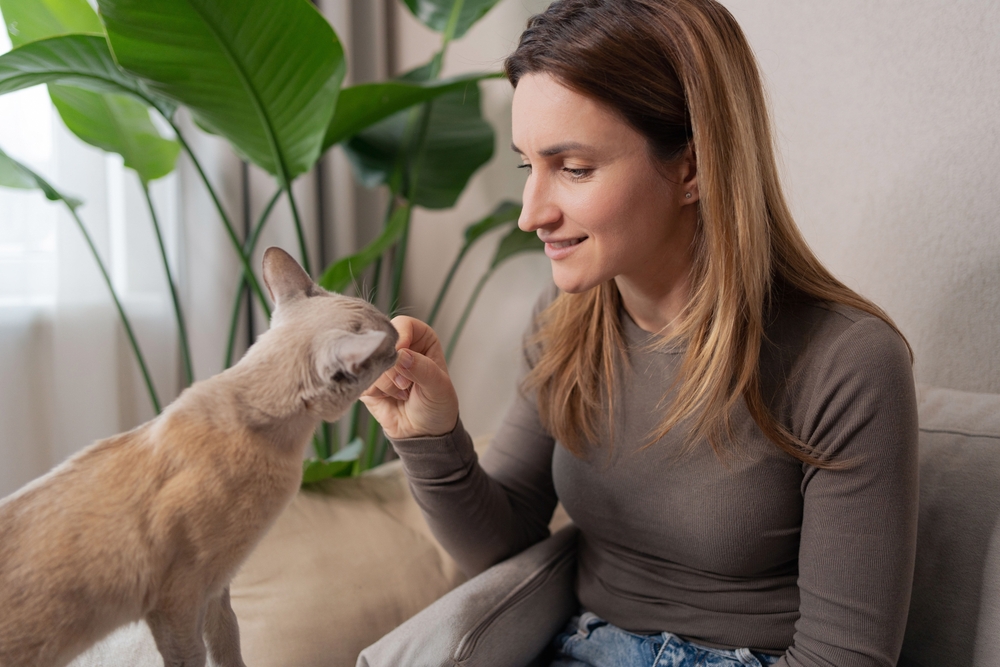
What to Do if Your Cat Eats Feta Cheese
- Monitor Their Behavior: If your cat has consumed a small amount of feta, they will most likely be fine. However, it’s essential to watch them closely for any signs of distress, such as vomiting or unusual behavior.
- Keep Them Hydrated: Due to the high salt content in feta, ensure your cat has access to fresh water to prevent dehydration.
- Consult Your Veterinarian: If you’re worried or notice adverse reactions, always consult with your vet. They can provide guidance and, if necessary, treatments to counteract any negative effects of the cheese.
If you need to speak with a vet but can't get to one, head over to PangoVet. It's an online service where you can talk to a vet online and get the advice you need for your pet — all at an affordable price!


Conclusion
Cats are curious creatures, frequently lured by the tantalizing flavors and aromas of the foods their humans enjoy. And the small act of sharing something tasty with your feline friend can strengthen the bond between pet and owner. However, this seemingly innocent act can sometimes inadvertently put our feline companions at risk. Feta cheese, despite its delicious taste to humans, contains elements that don’t align with a cat’s dietary requirements.
Understanding and respecting the unique biological and dietary needs of cats is a vital part of responsible pet ownership. While it’s tempting to give in to those pleading eyes and share a morsel, it’s our duty to ensure the well-being and health of our feline friends. Instead of human food, treat them with something designed specifically for their consumption, reinforcing your affection and care without compromising their health.
Featured Image Credit: picturepixx, Shutterstock
